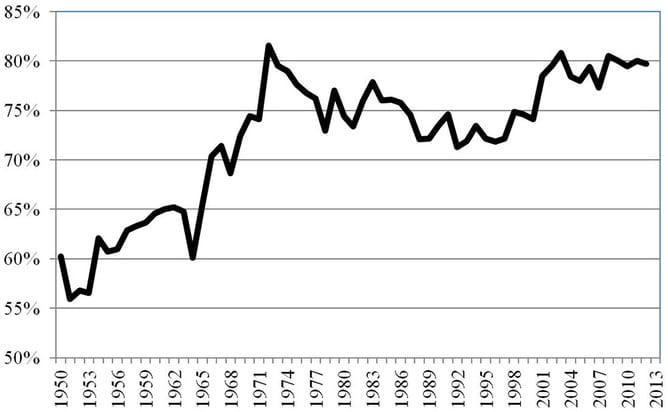The Three Rules of the Dodd-Frank Law
Dodd-Frank turned five last month and once again, the debate around some of its rules sparked many discussions by politicians and economists, but less by the public. According to a poll conducted in 2015, only 4 percent were ‘very familiar’ and 30 percent were ‘somewhat familiar’ of the Dodd-Frank law.






